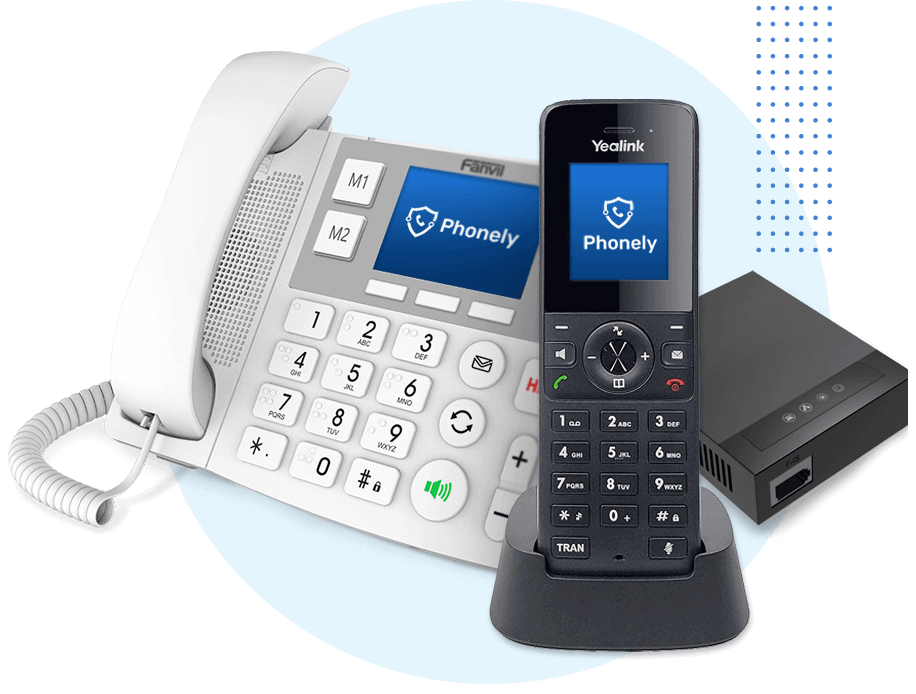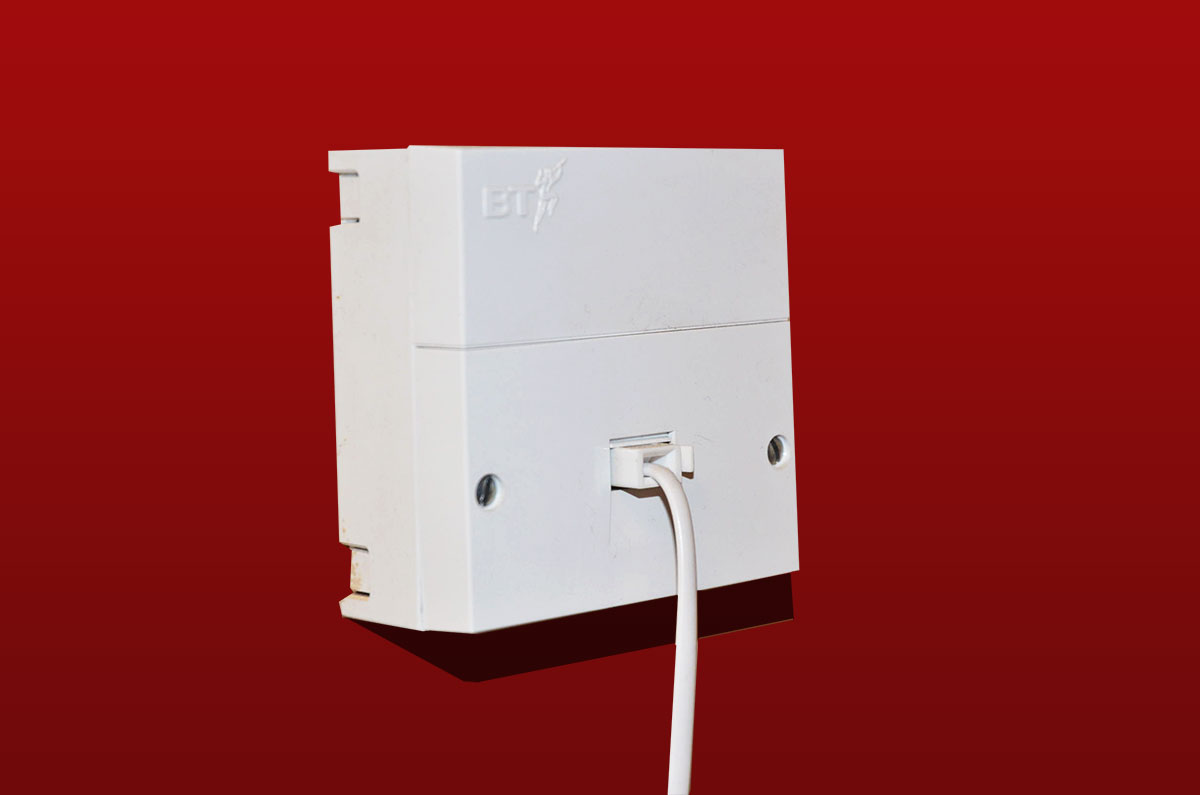Digital Phone Lines And Alarm Systems: Will Your Alarm Still Work in 2025?
Digital Phone Lines And Alarm Systems are becoming increasingly important in the UK as traditional analogue phone lines are being phased out and replaced with modern digital connections. This change affects not only how we make calls but also how we keep our homes, businesses, and loved ones safe. Understanding this transition is essential to ensure your alarm systems continue to work effectively.
For many people, alarm systems provide vital protection, whether that involves telecare alarms for the elderly or monitored security systems for homes and offices. Most older alarms were designed for analogue lines and may not function properly with digital technology. With the UK’s full switchover deadline set for December 2025, preparing your Digital Phone Lines And Alarm Systems now is critical to avoid any service disruptions or safety risks.
What Are Digital Phone Lines?
Digital phone lines are modern replacements for the old copper-based analogue system. Instead of carrying calls through traditional wires, digital lines use broadband and Voice over Internet Protocol (VoIP). This means your phone connects to a router rather than a wall socket. For this reason, Digital Phone Lines And Alarm Systems need to be checked for compatibility with the new system to ensure they function correctly.
The technology behind digital phone lines allows for clearer sound, faster connections, and integration with other digital services. While these improvements are beneficial, they also create challenges. Unlike analogue lines, digital connections depend on electricity and a stable internet service. This reliance raises important questions about how Digital Phone Lines And Alarm Systems will perform during power cuts or broadband outages.
Landline vs Digital Phone Lines – What’s Changing in the UK
Traditional landlines, also known as PSTN, have long been trusted for their reliability. Even during power failures, analogue phones and alarms often continued to operate. The UK’s move to digital lines represents a significant shift, as all households and businesses will be moved away from copper-based systems by the end of 2025. This directly affects Digital Phone Lines And Alarm Systems, making upgrades or adaptors essential for continued protection.
The major difference between analogue and digital services is resilience. Analogue operated independently of home power, while digital depends on routers and broadband. For people relying on personal alarms or security systems, this change introduces new risks. Comparing landline vs digital phone lines makes it clear why Digital Phone Lines And Alarm Systems must be reviewed to ensure they are ready for the future.
How Digital Phone Lines Affect Alarm Systems

One of the biggest concerns about the switchover is how it will impact alarms that depend on phone connections. Many older telecare devices and home security systems use phone signals to contact emergency services. Once analogue lines are switched off, some of these alarms may no longer function properly. This is why Digital Phone Lines And Alarm Systems have become such a hot topic across the UK.
Another issue is the dependence on electricity. Analogue systems were reliable during power cuts, but digital services fail if routers or broadband stop working. For vulnerable users, such as elderly people who depend on fall alarms, this could create serious risks. Making sure your Digital Phone Lines And Alarm Systems remain compatible with new technology is not just a matter of convenience, it is a matter of safety.
Future-Proofing Your Alarm System
The good news is that solutions are available. The first step is to check whether your current alarm is compatible with digital connections. Contact your telecom provider and your alarm supplier to confirm. In many cases, an adaptor can help older alarms continue to work. However, some devices may require a full upgrade to remain reliable with Digital Phone Lines And Alarm Systems.
Another option is switching to mobile-based alarms that use 4G signals rather than landlines. These alarms are less dependent on broadband and can offer more security during outages. At the same time, it is important to remain cautious of scams. Some people may try to charge unnecessary fees for the switchover, but the move to digital lines is managed by your provider at no extra cost. Ensuring your Digital Phone Lines And Alarm Systems are future-proof will give peace of mind.
Benefits and Challenges of Switching to Digital
There are many advantages to digital phone lines, including clearer calls, faster services, and compatibility with modern devices. For Digital Phone Lines And Alarm Systems, this shift also opens up new opportunities to connect with smarter technologies that can provide enhanced monitoring and security features. The move is designed to modernise the UK’s communication infrastructure and make it fit for the future.
However, challenges remain. The reliance on electricity means that homes may need battery backups to keep alarms working during outages. Broadband interruptions can also prevent alarms from signalling emergencies. This means households must carefully weigh both the benefits and the risks of Digital Phone Lines And Alarm Systems to ensure they are safe and reliable after 2025.
Timeline of the UK Digital Switchover
The digital switchover is already underway, with many households across the UK being moved to digital services ahead of the 2025 deadline. BT, along with other major providers, is gradually phasing out analogue connections in preparation for the complete shutdown. For this reason, reviewing Digital Phone Lines And Alarm Systems should be done now, rather than waiting until the last moment.
By December 2025, the analogue network will be retired completely. Any home or business still relying on old technology risks losing alarm coverage. Taking steps now to test compatibility, upgrade alarms, or explore alternatives ensures your safety will not be compromised. Digital Phone Lines And Alarm Systems are central to everyday security, and acting early is the best protection.
Conclusion
The UK’s move from analogue to digital phone lines is a milestone in communications, but it also introduces new challenges for alarm systems. While digital technology promises clearer calls and future-ready services, it also depends on power and broadband. This makes it essential to prepare Digital Phone Lines And Alarm Systems before the switch-off in 2025.
By contacting providers, checking compatibility, and upgrading where necessary, you can protect your home, business, or loved ones. With the right steps, Digital Phone Lines And Alarm Systems will continue to provide reliable safety well into the future. The time to act is now, ensuring peace of mind before the switchover deadline arrives.
FAQs: Digital Phone Lines And Alarm Systems
What are digital phone lines and how do they work?
Digital phone lines use broadband and VoIP to transmit calls through a router rather than copper wires.
Will my house alarm still work with BT digital phone lines?
Some alarms may work with adaptors, while others need upgrading. Always check with your provider.
What’s the difference between analogue vs digital phone lines?
Analogue runs on copper and works during power cuts, while digital relies on broadband and electricity.
Do digital phone lines work during power cuts?
No, unless you have a backup battery or a mobile-based alarm system in place.
How do I upgrade my alarm system for UK digital phone lines?
Contact your alarm provider for advice on adaptors, replacements, or switching to mobile-based alarms.
You May Also Read: eDreams Prime Annual Membership Explained







